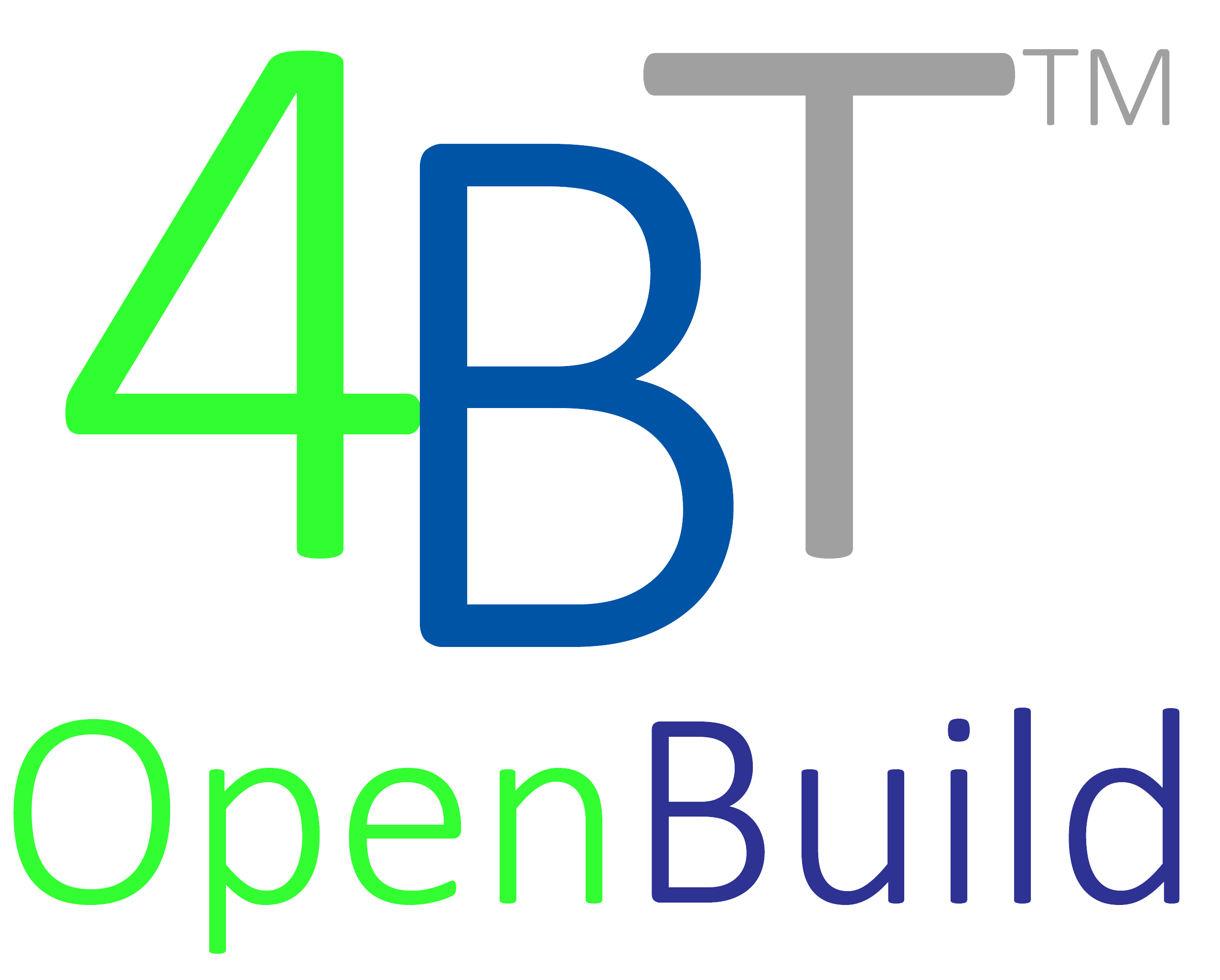INTRODUCTION – Discussions about and implementing LEAN construction require consideration of a holistic approach involving multiple phases… Planning, Procurement, and Project Delivery, as well as the integration of People, Process, Information, and Technology. All of the requisite tools for implementing LEAN construction planning, procurement, and project delivery are readily available, and there are major benefits for organizations that are successful in doing so. For example, organizations can consistently achieve quality repair, renovation, maintenance and new construction outcomes, on-time, and on-budget, ninety percent of the time (90%). This is a obviously huge in an industry where less than twenty percent (20%) of projects are completed in this manner. Successful implementation of LEAN construction planning, procurement, and project delivery require the following:
- Owner commitment, competency, and leadership.
- Awareness that LEAN is a gradual and continuous process requiring a focus upon change management
- Initial and ongoing training
OWNER COMMITMENT, COMPETENCY, AND LEADERSHIP– The implementation of LEAN construction requires that owners both fully understand and are committed too its fundamentals and also the concept of life-cycle total cost of ownership management (TCO). TCO, like LEAN construction is a holistic process within which multiple knowledge domains, stages, activities, processes, and technologies are integrated to provide actionable information and robust decision-support. (See figure below). A TCO implementation, combined with LEAN, ensures a best-value functional approach within which tasks are well planned, quantitatively documented, well understood and communicated on an early and ongoing basis, and monitored against key performance indicators (KPIs).
AWARENESS THAT LEAN IS A GRADUAL AND CONTINUAL PROCESS– While LEAN construction has a starting point, there is no end point. Change is gradual and improvement is ongoing. The integration of LEAN planning, procurement, and project delivery including the follower phases… 1.Adoption 2.Planning 3.Implementation 4.Data Validation & Analysis. Adopting is non-trivial as LEAN fundamental changes how participants and stakeholders view each other and interact on an day-to-day basis. Focus is not upon early and ongoing communication and mutually beneficial outcomes. Global oversight is combined with the enabling of local, on-site decision-making. Process and technology are enabling tools that are continually adapted to changing conditions.
INITIAL AND ONGOING TRAINING – LEAN construction planning, procurement, and project delivery are top down, bottom up, and horizontal practices performed internally and externally to an organization. Initial and ongoing training is required in order to assure initial adoption and ongoing improvement in both capabilities and outcomes. LEAN consultants and service provides can assist in training on ongoing support. It is important to note however that owners must become self-sufficient in their management of LEAN planning, procurement, and project delivery programs. Continued reliance upon consultants for “program management” is costly and is counterproductive to best value outcomes. Long term, vendor support is, however, critical with respect to training independent third-party audits, and enabling collaborative technology.
via www.4BT.us – “Coming together is a beginning, staying together is progress, and working together is success.” – Henry Ford
Four BT, LLC (4BT) is the AEC industry’s innovative integrated project delivery, construction cost data, and SAAS technology provider. We help guide organizations to achieve accelerated improvement of their facilities repair, renovation, and construction outcomes through the development of a culture centered upon delivering customer value, supported by proven LEAN processes, actionable data, enabling cloud technology, and ongoing training.


